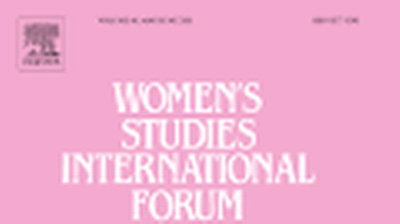The institutional context of the 2004 general elections in Malawi
Timeframe: Aug 2003 - Jul 2006
Funder: Norad and NUFU
Lise Rakner
Professor at University of Bergen and Associated Research Professor
A central concern for democratic accountability is how political institutions are able to guard against executive dominance and electoral malpractice. This research project analyses democratic accountability in the context of the 2004 general elections in Malawi.
The project entails two interrelated parts:
1) A macro-political study of institutional developments at the national level focusing on four central governance institutions: electoral administration; parliamentary-executive relations; political party development; and the role of the judiciary.
2) A micro-level study of voter attitudes, carried out in the three political regions (northern, central and southern).The micro study will be based on data derived from focus group and key informant interviews, complemented by a survey comprising approx. 750 respondents.
An additional component investigates the effects of different electoral system on the allocation of parliamentart seats and their regional distribution.
The research project is a collaborative endeavour between the Centre for Social Research (CSR) (http://www.csr.org.mw) at Chancellor College, University of Malawi, Zomba, Malawi (http://www.chanco.unima.mw) and the Chr. Michelsen Institute (CMI).
- Africa: Malawi.
- Democratisation
- Parliamentary-executive relations
- Political culture
- Electoral administration
- Political parties
- Judiciary
- Elections
- Electoral systems
Programme
Political Institutions in Africa. The Quest for Democratic Accountability
Jan 2003 - Dec 2004




